7 ways people have responded to the coronavirus: Improved hygiene tops the list
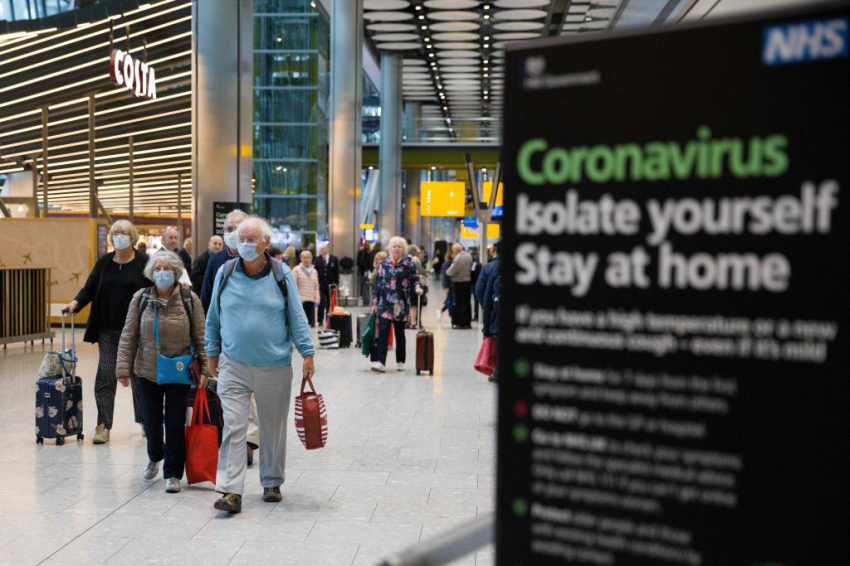
From hoarding toilet paper to cash and hand sanitizer, Americans have been reacting in various ways to the new coronavirus pandemic. Now, a new study from the University of Southern California has offered a deeper look at just how much people think the health and economic risks from the virus has been changing the way they live, including their prayer lives.
The survey of 2,436 U.S. residents was conducted from March 10-12 by researchers at the USC Dornsife College of Letters, Arts and Sciences and the USC Leonard D.Schaeffer Center for Health Policy and Economics. It is among the first in the nation to examine the extent of Americans’ concerns about the outbreak.
Daniel Bennett of USC Dornsife and Wändi Bruine de Bruin of the USC Price School of Public Policy, who both led the study, believe it might help public health and policy leaders identify gaps in information and understand how the virus has affected everyday life.
“The coronavirus is both a health threat and an economic threat,” Bennett, a research assistant professor of economics at the Center for Economic and Social Research, said in a news release.
“The social distancing measures that are needed to limit transmission will also cause a lot of hardship. Many people do not feel that they can work remotely,” added Bennett who studies how people make health decisions and previously studied the 2003 SARS epidemic.
Here's a list of seven ways the study shows people believe the coronavirus has changed their behavior.
- Improved hygiene

A staggering 85% of respondents say they have been washing their hands or using hand sanitizer more frequently, but Bruine de Bruin thinks people can still do better.
“It looks like most people are taking some action,” said Bruine de Bruin, provost professor of public policy, psychology and behavioral science. “But not everyone is reporting that they are stepping up handwashing, which seems like a potential concern unless they were already perfect at it.”
2. Social distancing
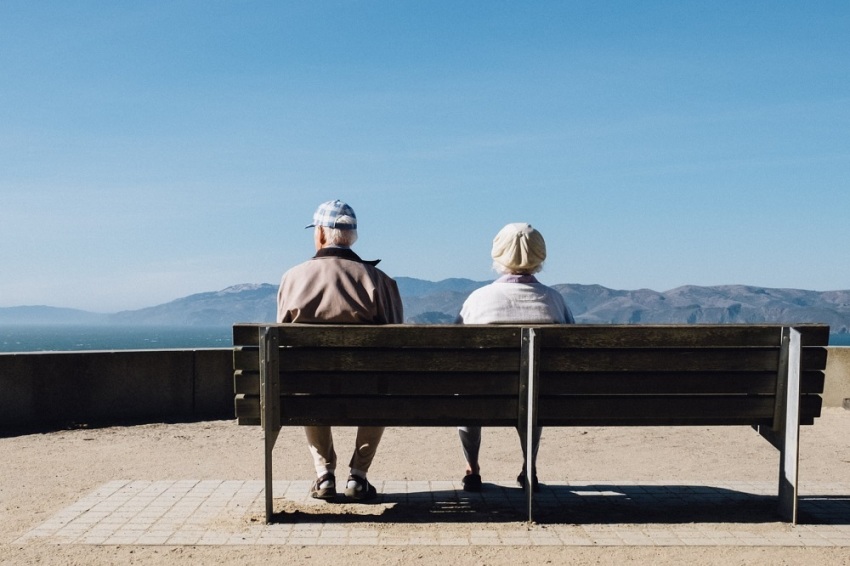
Some 61% of people are now engaging in social distancing, with 45% of respondents choosing to avoid contact with high risk individuals such as older adults and people with compromised immune systems.
3. Prayer
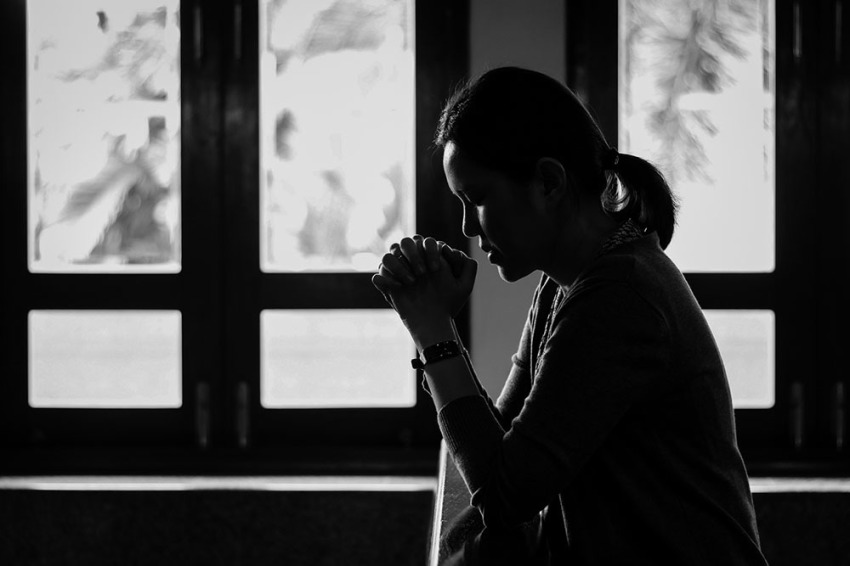
Some 50% of respondents reported that they have prayed about the coronavirus.
4. Stopped eating out
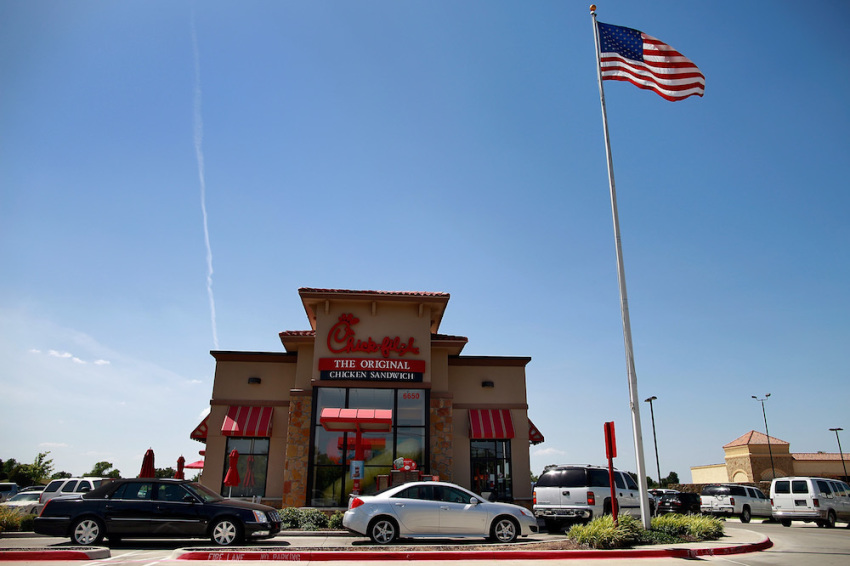
Approximately 25% of respondents to the survey said they have avoided restaurants in general and 18% said they have specifically avoided Chinese restaurants.
5. Hoarding food and water
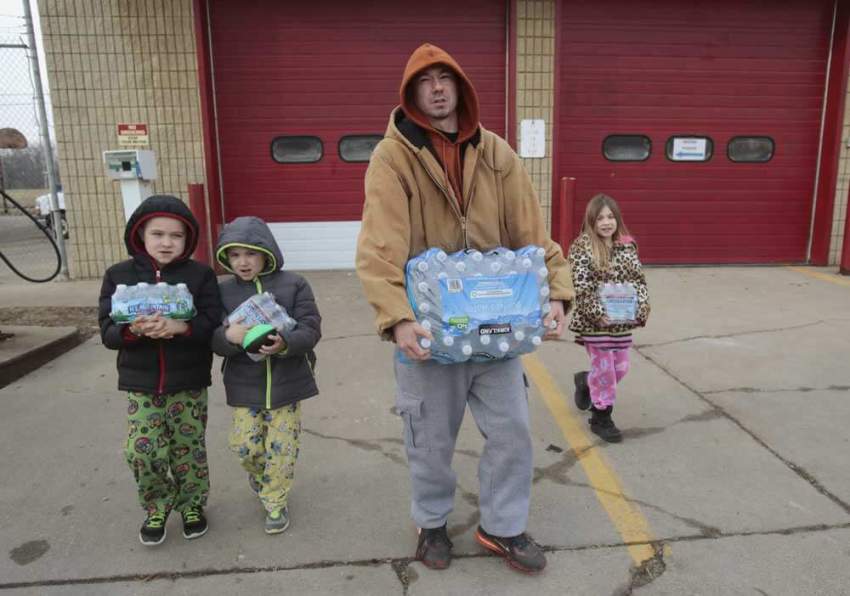
When it comes to food and water some 22% of respondents said they have been stockpiling supplies.
6. Wearing facemasks
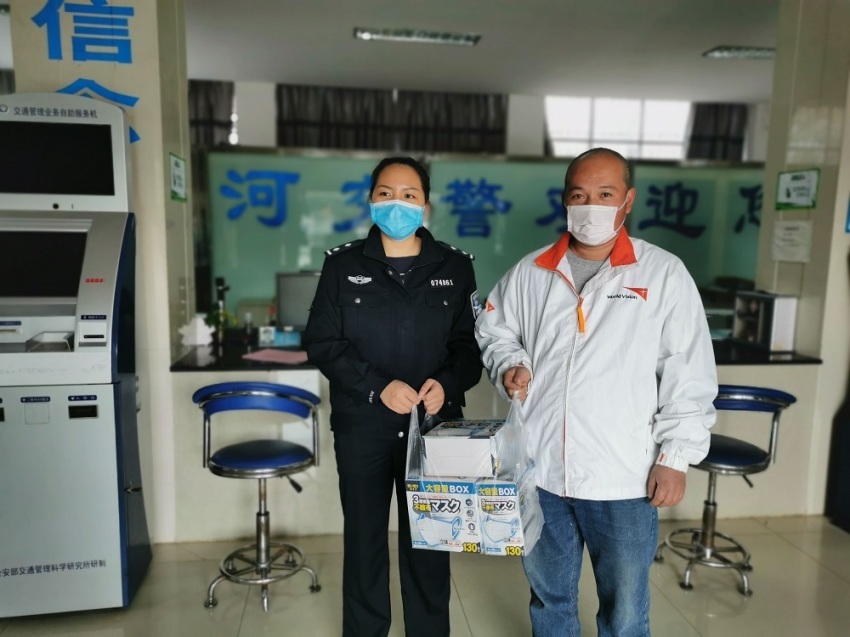
Some 7% of respondents in the survey said they have worn a facemask as a result of the coronavirus.
7. Canceled medical appointment

In a pattern that could have indirect health implications, 6% of respondents said they have canceled or postponed a medical appointment, according to the survey.



























